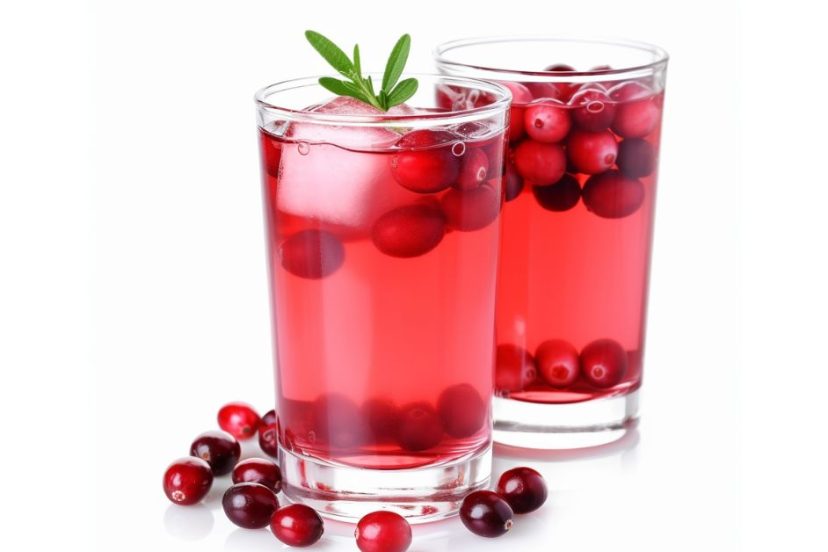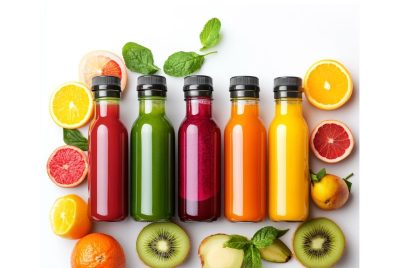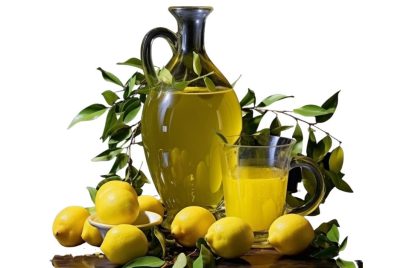Is cranberry juice good for kidney stones
As someone who’s pretty passionate about healthful living and particularly fond of natural remedies, I often get asked this question: “Is cranberry juice good for kidney stones?” To answer this, let’s delve a little deeper, shall we?
Introduction to Kidney Stones and Cranberry Juice
You see, understanding this connection requires a basic understanding of what kidney stones are, and what exactly cranberry juice brings to the table, nutritionally speaking.
What Are Kidney Stones?
Kidney stones are hard deposits made of minerals and salts that form inside your kidneys. Pretty uncomfortable, right? Picture trying to pass a pebble through a straw!
The Nutritional Composition of Cranberry Juice
Now, onto cranberry juice. This tangy beverage is packed with Vitamin C and antioxidants. It’s long been praised for its potential health benefits. But the question is, can it really tackle kidney stones?
Connection Between Cranberry Juice and Kidney Stones
Let’s unravel the mystery together.
Theories About Cranberry Juice and Kidney Stones
There’s a widely-held belief that cranberry juice can help combat kidney stones. This idea mainly stems from its use in preventing urinary tract infections (UTIs).
Clinical Studies and Evidence
However, scientific research presents a somewhat complicated picture. There’s not much evidence to directly link cranberry juice consumption with kidney stone prevention.
Potential Benefits of Cranberry Juice for Kidney Health
Still, cranberry juice isn’t without its perks.
Prevention of Urinary Tract Infections (UTIs)
Cranberry juice is well-known for its role in preventing UTIs. These pesky infections can increase the risk of developing kidney stones. So, in a roundabout way, it could have a protective effect.
Anti-oxidative Properties
Plus, the antioxidants in cranberry juice promote overall kidney health by reducing oxidative stress. So, that’s a definite plus!
Caution: Cranberry Juice and Kidney Stones
Despite its benefits, we need to consider one important caveat.
Oxalate Content in Cranberry Juice
Cranberry juice is high in oxalates. Why is this significant? Well, these are the compounds that can contribute to the formation of certain types of kidney stones.
Possible Negative Effects
So, paradoxically, while some people believe cranberry juice fights kidney stones, it could potentially contribute to them!
Alternative Remedies for Kidney Stones
I’d hate to leave you without some actionable advice.
Lifestyle Changes
Firstly, remember, a healthy lifestyle is a cornerstone of preventing kidney stones. That means regular exercise and a balanced diet.
Hydration and Diet
You’ve probably heard this a thousand times, but hydration really is key! It helps to dilute the substances that can form stones. And when it comes to diet, limit sodium and animal protein, and try to eat calcium-rich foods.
Specific Foods and Drinks
Citrus drinks, like lemonade and orange juice, are beneficial because they contain citrate, which can help prevent stone formation. But remember, moderation is key!
Conclusion
In conclusion, while cranberry juice does have health benefits, it might not be the miracle cure you were hoping for. It’s always wise to consult a healthcare provider before making any major dietary changes, particularly if you’re prone to kidney stones.
FAQs
- Can drinking cranberry juice dissolve kidney stones? No, there’s no scientific evidence to support the claim.
- Does it have any other benefits for kidney health? Yes, it can help in the prevention of UTIs and it also has antioxidative properties which could promote overall kidney health.
- Are there any alternative natural remedies for kidney stones? Yes, staying well-hydrated, following a balanced diet, and consuming citrate-rich citrus drinks can help.
- Can anyone drink cranberry juice? Generally, yes. However, due to its high oxalate content, it might not be suitable for those prone to oxalate kidney stones.
- What are the main causes of kidney stones? Kidney stones can be caused by a variety of factors, including dehydration, high sodium intake, obesity, and certain genetic factors.
Other resources on the topic.




